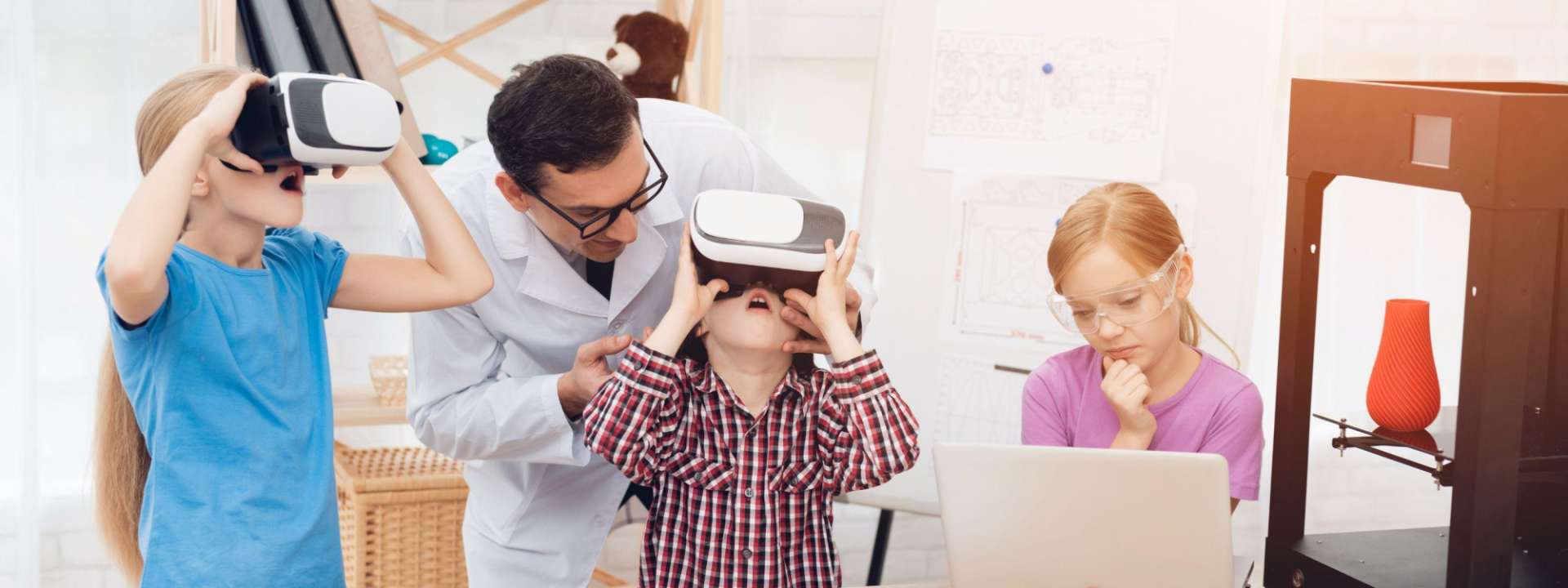The digital transformation in education offers many opportunities for improving today’s education. But that is easier said than done, of course. Students and teachers must have the right tools and skills, especially in this rapidly changing world. But most do not have the proper (digital) materials and skills. According to a study from Eurostat, more than 30% of youths in Europe have not even mastered digital skills at a basic level. That is why it is crucial to work on the digital literacy of students and teachers because it appears that they are not quite up to snuff.
Did you know that digital skills – according to Cyber Security Raad – play a crucial role in strengthening cyber security in the Netherlands?
According to Microsoft, over 60% of cyberattacks worldwide are directed at educational institutions! That is why digital literacy needs to be added to the curriculums in primary and secondary schools as quickly as possible!
What is digital literacy?
Doing your tax returns and using social media. Or maybe even applying for a job online. To participate in today's world, you need digital literacy.
Digital literacy includes skills (there are 4 of them) that you need to be able to stand your ground. Information processing and retrieval to recognise fake news. Basic ICT skills, so you know how various devices work. Media literacy, so you know how to use something safe and smart. And computational thinking, so you can solve problems practically and creatively.
Digitally literate with these 4 skills
1. Basic ICT skills
Digital literacy starts with basic ICT skills. It means understanding computers and networks and working with different technologies. And knowing what the possibilities and limitations of these technologies are. Research shows, however, that ICT skills are still lacking among students. Finding and opening files, saving and submitting assignments, and creating documents and presentations appeared challenging.
2. Media literacy
This term regularly refers to anything with new media, social media and the world wide web. But also to devices such as smartphones and tablets. Media literacy is not (only) about technical skills. Basic ICT skills are crucial, yes. But media literacy teaches kids how to use all the available media smartly and safely. It puts them on the best possible path when becoming a part of the (digital) world around them.
3. Information processing and retrieval
Searching the world wide web is now a part of everyday life. For both teachers and students. For doing homework. And for holding presentations. But without the ability to process and retrieve information, your pupils will get lost on the internet in no time. A treasure map? It does not exist. And what may be even worse is that they can end up with the wrong sources.
Your students armed with this skill will be better prepared to take on fake news and disinformation. They will know what is essential out of all those millions of websites. What is true and what is not. Who is saying what? And with what intention.
4. Computational thinking
The phrase ‘thinking like a computer’ is often used. But that is not entirely accurate. Your students do not think like computers. Instead, they learn to use digital tools, including computers, to solve problems. Often in hands-on and creative ways.
The digital transformation in education
The world is becoming ever more permeated by technology. And life is increasingly taking place online. Everyone is online and reachable 24 hours a day 7 days a week. Sometimes it is truly exhausting. But we cannot escape it anymore. It is, therefore, necessary to be digitally literate. And yes, most students have grown up with computers, mobile phones and tablets. But that does not mean they are aware of the technology behind it, the possibilities, the limitations and the risks.
Preparing your students for the future? In the following whitepaper, we go on an adventure into the world of digitalisation in education.
